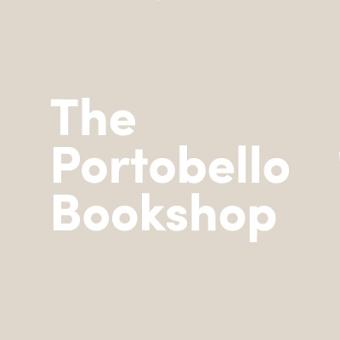Human Happiness and the Pursuit of Maximization
Is More Always Better?
Jan Delhey editor Hilke Brockmann editor
Format:Paperback
Publisher:Springer
Published:6th Aug '15
Currently unavailable, and unfortunately no date known when it will be back

This book tests the critical potential of happiness research to evaluate contemporary high-performance societies. These societies, defined as affluent capitalist societies, emphasize competition and success both institutionally and culturally. Growing affluence improves life in many ways, for a large number of people. We lead longer, safer, and more comfortable lives than previous generations. But we also live faster, and are competition-toughened, like top athletes. As a result, we suspect limits and detect downsides of our high-speed lives. The ubiquitous maximization principle opens up a systematic gateway to the pleasures and pains of contemporary life. Using happiness as a reference point, this book explores the philosophical and empirical limits of the maximization rule. It considers the answer to questions such as: Precisely, why did the idea of (economic) maximization gain so much ground in our Western way of thinking? When, and in which life domains, does maximization work, when does it fail? When do qualities and when do quantities matter? Does maximization yield a different (un)happiness dividend in different species, cultures, and societies?
From the reviews:
“This is an important book presenting clear evidence within the fields of philosophy, social, and natural science about the myth of maximization as the source of happiness. … Human Happiness and the Pursuit of Maximization is an important contribution to the literature that encourages readers to look at maximization in its relation to happiness at the individual and social levels.” (Louis Hoffman and Monica Mansilla, PsycCRITIQUES, Vol. 59 (17), 2ISBN: 9789400799592
Dimensions: unknown
Weight: 454g
216 pages
Softcover reprint of the original 1st ed. 2013